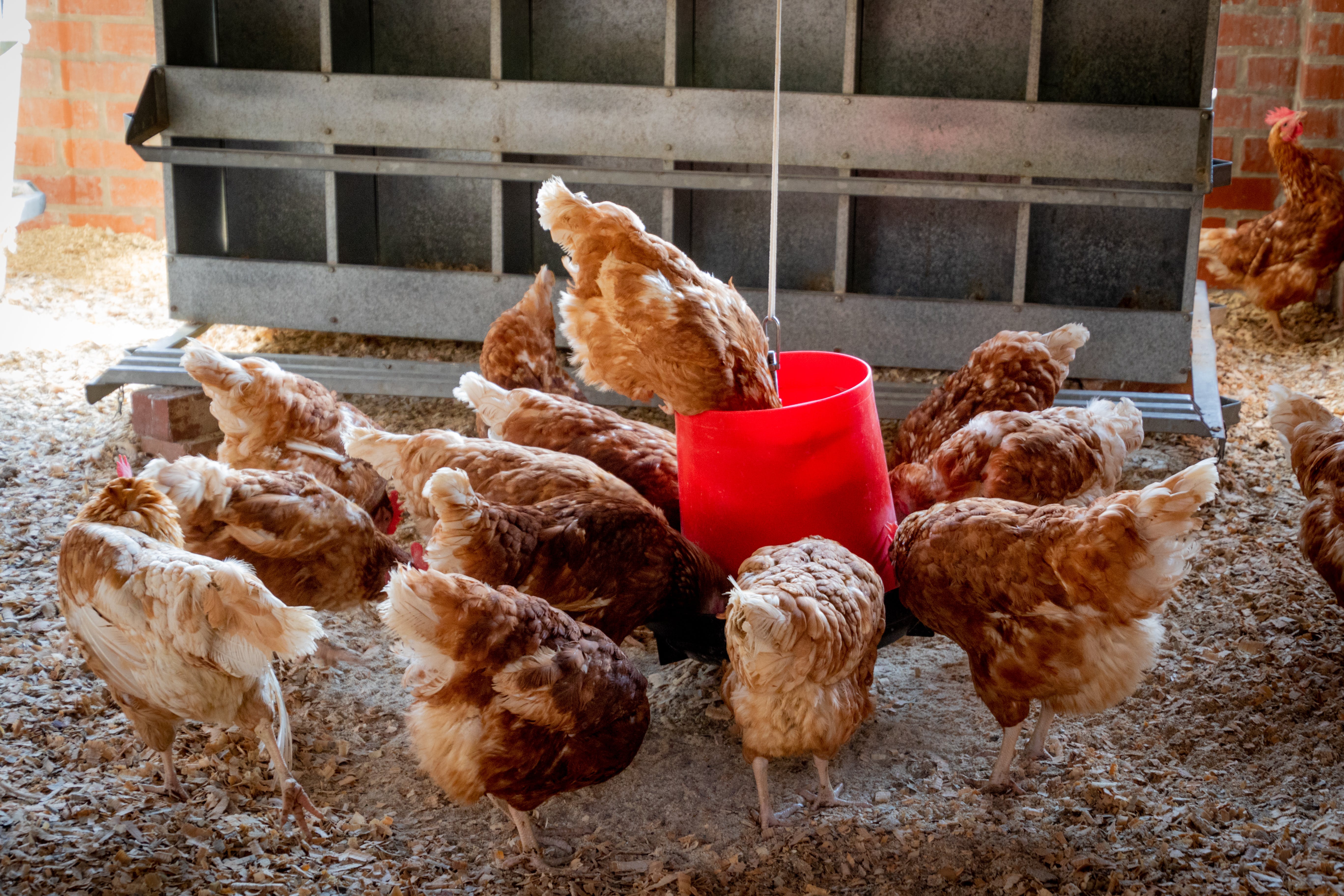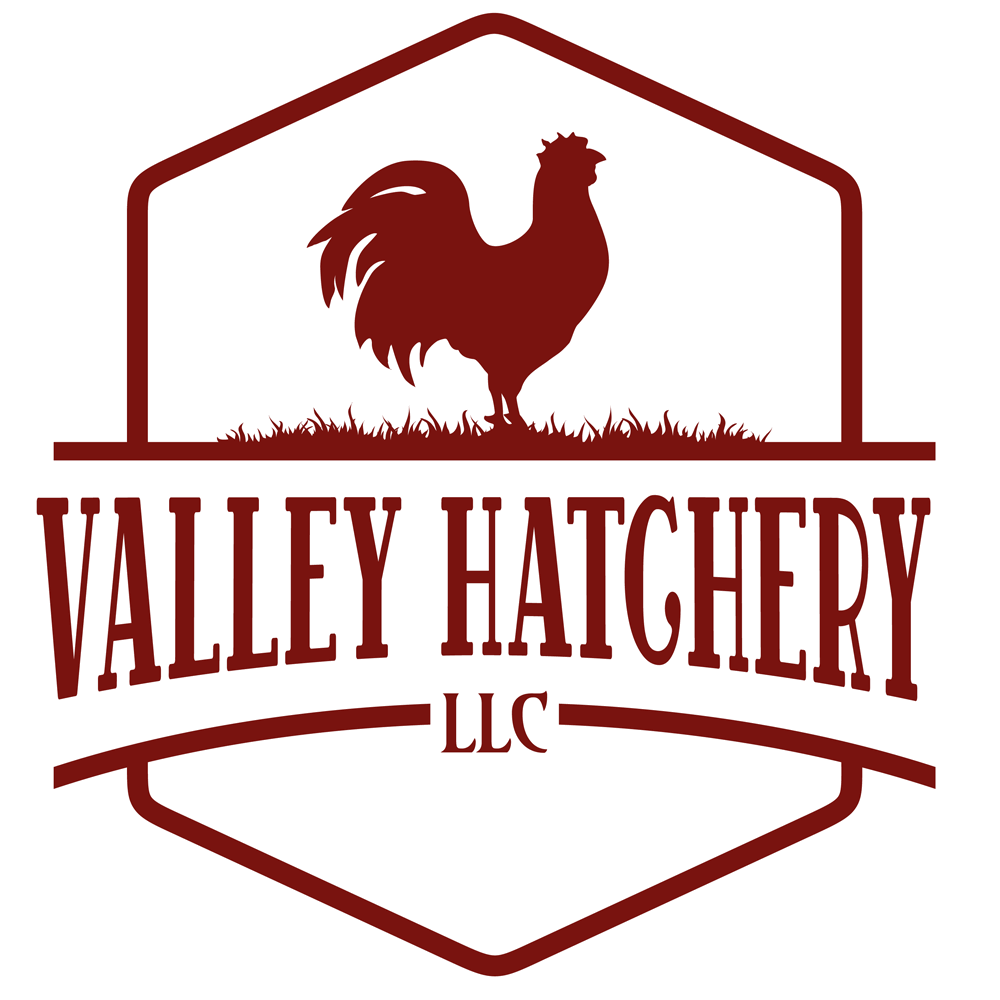All Your Homestead Chickens Need
Raising chickens has its perks, and not just because they're adorable with their fluffy feathers and quirky personalities. Chickens are great for providing fresh eggs, natural pest control in your yard, and even fertilizer for your garden. Plus, they make for some cluckin' good company!
Before you take off on your homestead chicken farming adventure though, it's a good idea to take an assessment of your situation and plan out what all you will need in order to keep and raise your flock effectively

Chickens have lived in the wild for thousands of years, so it's always good to remember that they can and do sometimes get along just fine without people. It's easy to get distracted from the overall mission success of homestead chicken-keeping by silly things like trying to provide a nest box per hen - they will all fight over "the" best nest box because instinct tells each of them to lay "the" best place.
If we're going to assume husbandry of a flock, we want to make sure that flock can thrive. Chickens will usually survive by their instincts, but if we're taking on the challenge to raise them for our own benefit, we will get the best results by ensuring that our chickens have everything the need to thrive under our care.
Give Them Shelter
Providing shelter for your flock is one of the areas of care where it's really easy to go off the rails. There isn't any one-size-fits0all solution. Every coop is different because every flock is different. Whether you buy one or build one, the basic requirements can be summed up pretty simply. Chickens need:
- Protection from the weather
- Protection from predators
- A place to roost
- A place to lay eggs
A coop can be made of almost any kind of material as long as it provides adequate protection and isn't otherwise hazardous. You also need to take into account your specific weather extremes and predator load when deciding on a coop design. You can buy coops already assembled, buy them as kits to build, or even buy DIY plans and do it on your own. You can make a coop from recycled or thrown out building material leftovers. You can make a coop out of a tent. You can make a coop from tree branches like a log cabin. It's up to your imagination and your individual requirements.
If you are in an area with ground predators, you might need a closing, locking door for your coop that smarty-pants racoons can't open, or that brawny bears can't tear off. You might need in-ground protection from digging dogs. To help figure out what sorts of predators are in your area, ask around at your local feed store for suggestions.
Chickens will roost in a tree if you let them, but if you pen them in a coop with an adequate roosting bar for a few days, they'll come to prefer that as "home." You can use 2x2 lumber or big tree branches - they roosting bar needs to be large enough for an adult chicken to comfortably grasp around, not too smooth (dowels and shower curtain rods not recommended), and it should have room for all your chickens to fit. If you need two bars, make one higher and offset from the other because then pecking order comes into play. Keep in mind that chickens poop overnight - don't place one roost directly below another.
The nest box is often a mystery to new homestead chicken ranchers. The main requirements for the nesting box is that the hen feels like its a safe place to sit. If you are raising roosters with your young hens, sometimes the roosters will enter nesting areas to check them out before the hens begin using them. Don't let hens sleep in the nest box though. That will mean dirty eggs when they do lay in there. We go into a little more about nest boxes on the Flockology blog.
Provide Food And Clean Water
This part is super simple. You have to put food and water into your hens in order to get eggs out. Modern layer feed has all the nutrients a hen requires to lay eggs. If you raise chicks and grow them up into egg layers, you'll probably start off with chick "starter," maybe move to chick "grower," then settle into a regular flock food or layer food.
You will also need somewhere secure to store your chicken food and snacks. If your flock is small, you might be fine putting your food in a plastic storage tote with a snap on lid inside a garage or other shed with a door, to make sure dogs, cats, racoons, etc., don't get into it. There are lots of larger options too, from lockers to trash cans.
Keeping clean water available is always a best practice of animal husbandry, but it can be challenging, especially if you have your chicken area set up a long distance from your water source. Because water can easily be contaminated, it's a good idea to provide fresh water daily, even though you know they will run over and drink the water you just dumped out and ignore the clean water until one of them poops in it.
You might also end up adding vitamins or medications to their water, so having a handy dry place to keeps those kinds of containers can become important.
Everything Else Is Extra
So yeah, the basics for being able to have chickens on your homestead are not all that demanding - you need to want to have them though, and that's important.
As you become acclimated to your chicken-keeper lifestyle, you'll find other ways to enhance the experience and enrich the lives of your flock. Whether it's a bag of mealworms or some wild bird seed and suet cakes, or a haul of "throw-away" veg from the local farmers market, or table scraps from last night, you'll be on you way to making your homestead a better home for you and your flock too.

